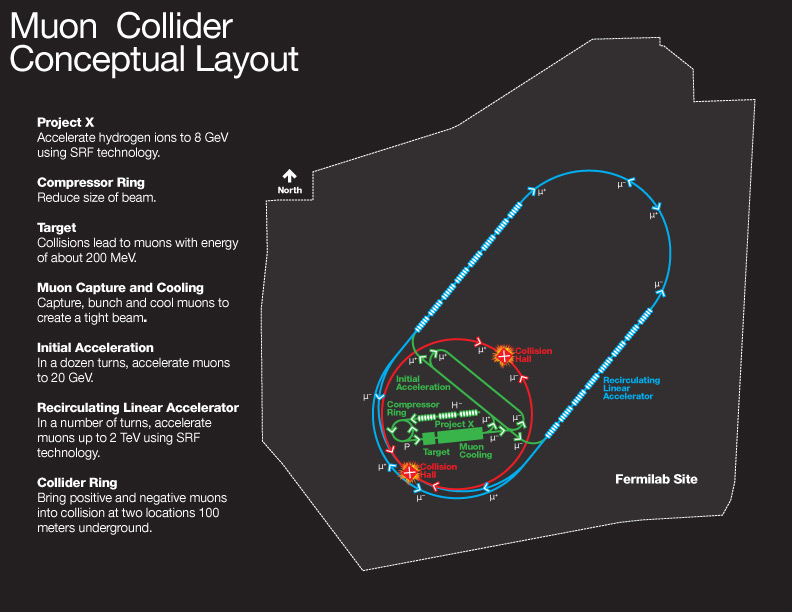Why is the Fourier Transform so useful both in theoretical and applied science and engineering...
 The Promise Of A Muon Collider
The Promise Of A Muon ColliderBased upon some recent statements by the DOE, the commitment to building a muon collider in this...
Why is the Fourier Transform so useful both in theoretical and applied science and engineering...
 Genetic Programming And Theoretical Physics
Genetic Programming And Theoretical PhysicsCornell scientists have applied genetic programming to experimental data in order to elicit fundamental...









